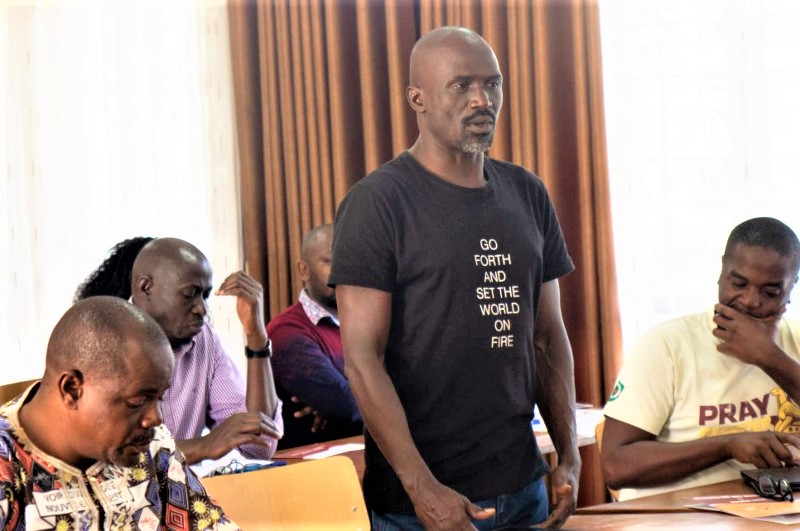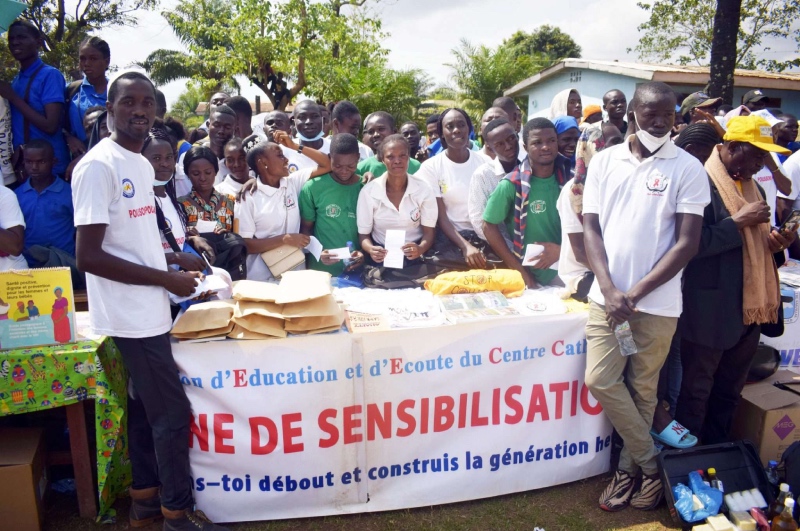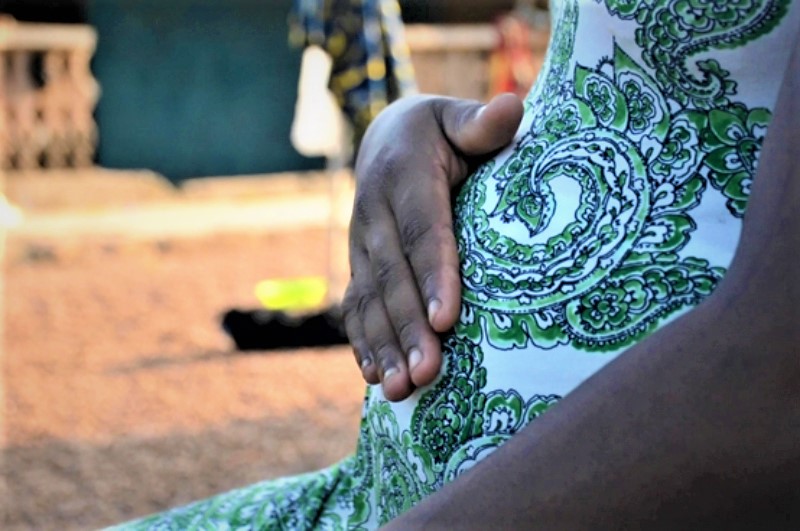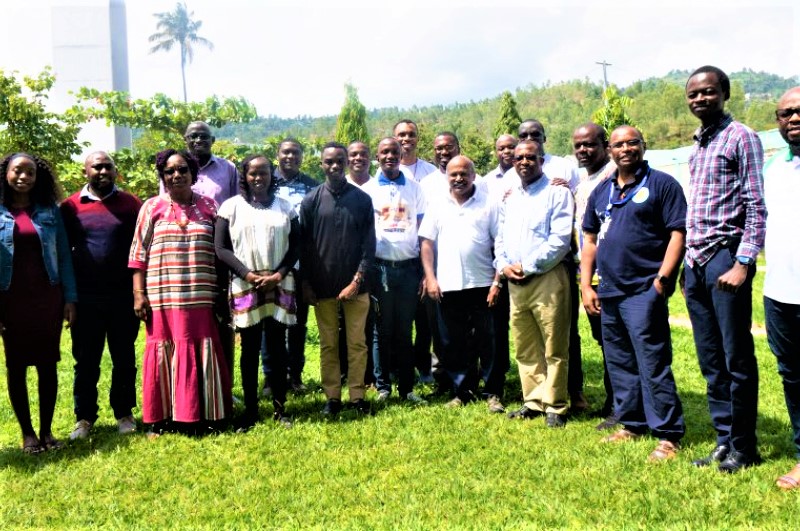

At a first-of-its-kind meeting at the AJAN 20th Anniversary Celebrations on June 6th 2022, the delegates deliberated, alongside senior AJAN officials from the affiliate centers, on the review of the status of the implementation of the AJAN HIV and AIDS Prevention Programme for the Youth (AHAPPY) and the Strategic plan 2021-2025.
The event was marked by the attendance of two special guests, Rev. Fr. Agbonkhianmeghe Orobator, SJ President of the Jesuit Conference of Africa and Madagascar (JCAM), and Rev. Fr. Xavier Jeyaraj, General curia Secretary of Justice and Ecology in Rome.
The AJAN delegates conference, attended by 24 representatives, held during AJAN 20th Anniversary at Bujumbura Burundi at Centre Spirituel Emmaüs was a culmination of delegates discussion about the Strategic plan 2021-2025 that would focus on 4 priorities:
1. Holistic Approach to Health and HIV/AIDs Intervention
2. Accompanying the youth
3. Research and Publication
4. Institutional Capacity Building
Delivering the forum’s opening remarks and co-moderating the discussion, AJAN Capacity Building Officer Mrs Pascalia Sergon remarked that humanity is “ending-HIV/AIDS Stigma, drug abuse, knowing about sexually transmitted disease, relationships particularly among the youth, knowing oneself, achieving growth and human self-development and that the condition of the African environment calls for “decisive, constructive steps.”
Rev. Fr. Orobator, JCAM President stated: “It is clear that as we look back and reflect on the path that God’s providence and mercy have led us through, from the beginning of AJAN to this moment the fight against AIDS is over; AIDS is now simply a chronic disease and it is no longer a global public health threat but the focus now shifts to how AJAN can take a bigger approach in reaching out to the Youth and people in Africa so as to address major pandemics such as Covid-19 and other health issues affecting us currently. AJAN is built on the vision of life, compassion, human dignity, care for the whole person and accountability, that we share with our collaborators, partners and beneficiaries,” and that this forum is a reflection that action by a diverse array of actors “is the only way to navigate the complex challenges we are facing today.”
A message of solidarity and a message of call to unite was made by Rev. Xavier Jeyaraj, SJ General curia Secretary, Social Justice and Ecology-Rome where he said, “this is my desire and prayer that we discern together to connect with the weak and the poor respecting their dignity with love and bring joy to all. I remember the words of Pope Francis on March 27, 2020, during his Urbi et Orbi, “We have realized that we are on the same boat, all of us fragile and disoriented, but at the same time important and needed, all of us called to row together, each of us in need of comforting the other.”
Many insights emerged from the discussion. Speakers of the 4 thematic teamwork underscored the importance of working toward the Strategic Direction 2021-2025 by incorporating a new entire system with digital technology, in different countries with a common effort of reaching out to the youths in Africa. Others underscored the significant role of schools in helping to spread the ministry of care and compassion, working alongside community to create “empowered individuals”.
“From the discussions we have had as delegates is that we have to rethink of how we are going to reach out to our communities and spread the message of hope back home between 2022 to 2025 and that we will be taking the mission to reach out to the youths in different countries in Africa by adopting the resolutions we discussed in the assembly. We are hopeful that the report from this meeting will contribute substantively to future deliberations at AJAN field centers level,” Rev. Ismael Matambura, AJAN Director added.
For more article by the African Jesuits AIDS Network, click {HERE}Related Articles
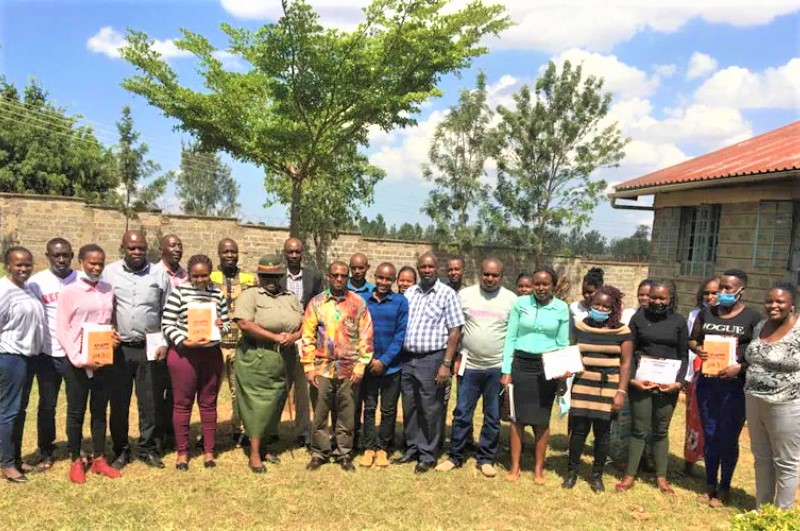
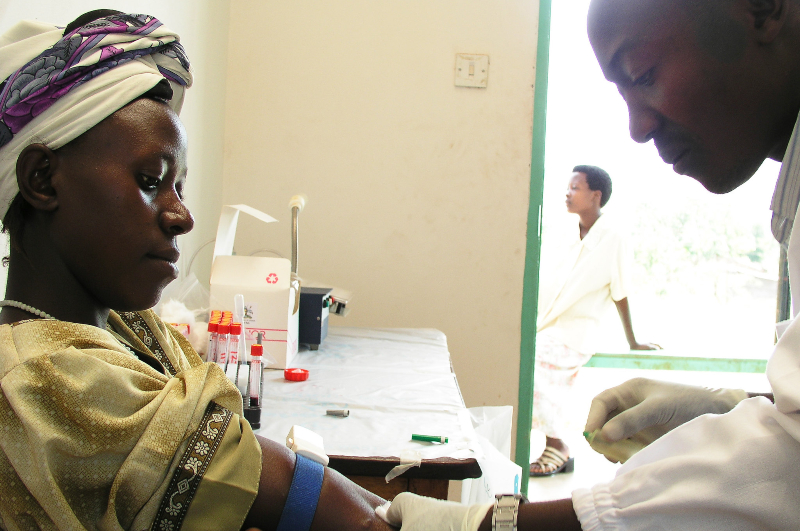
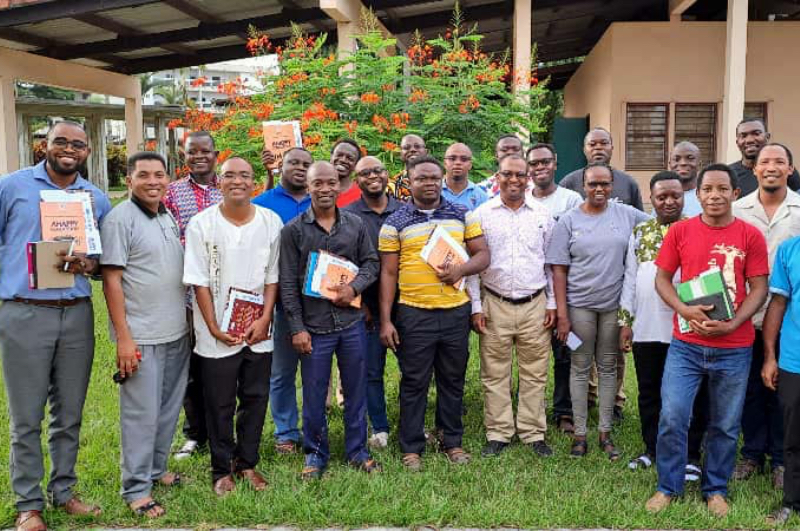
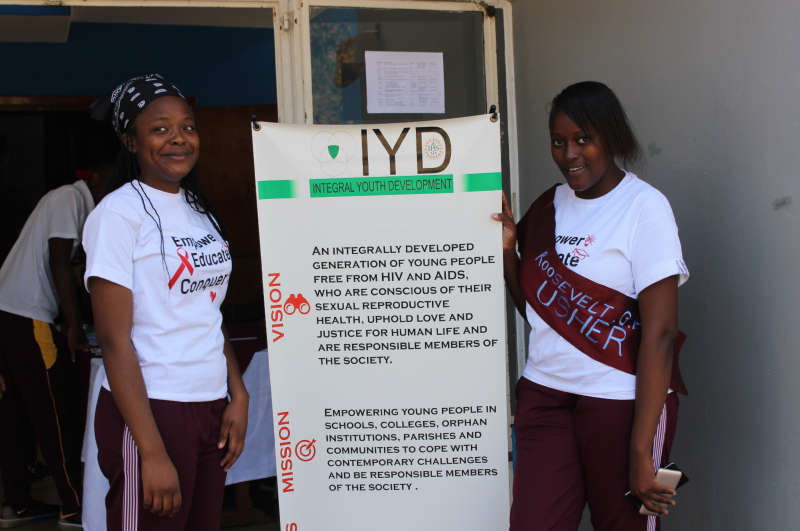
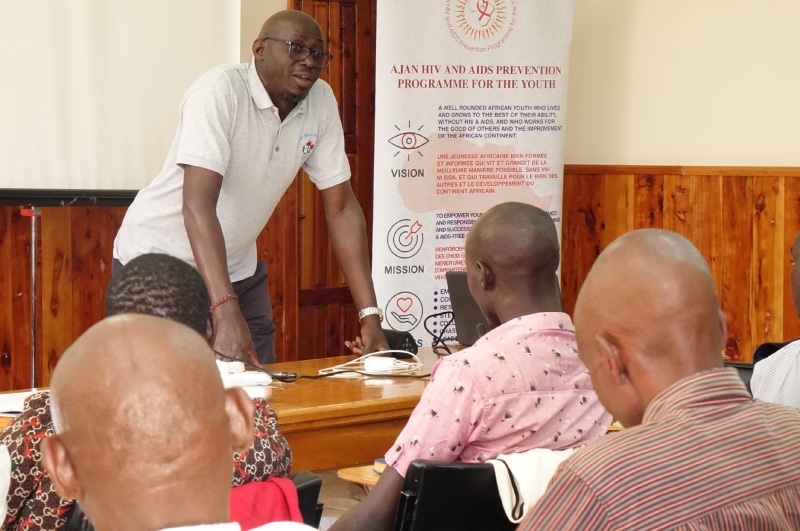
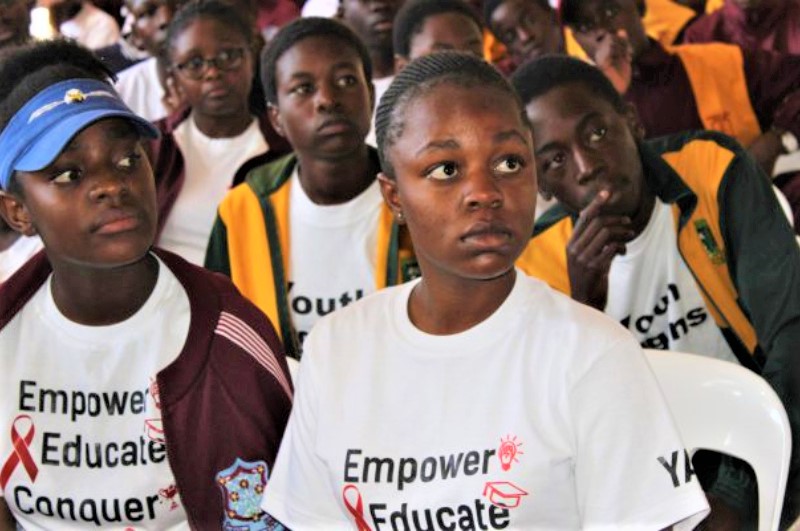
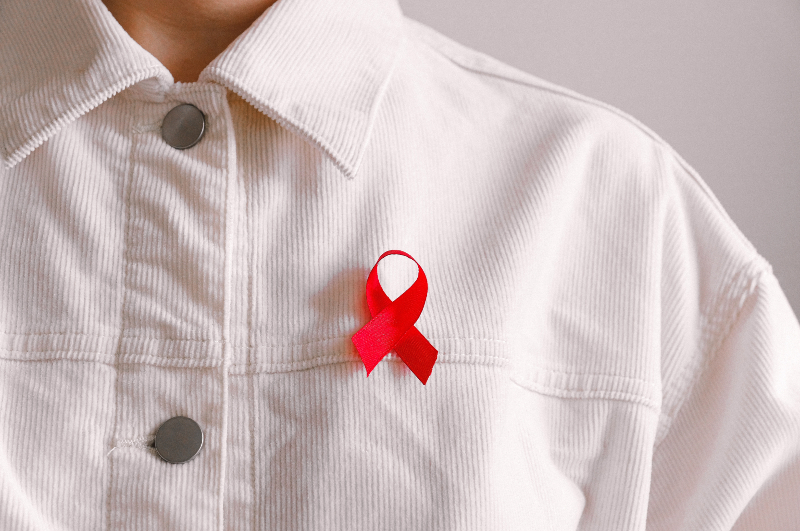
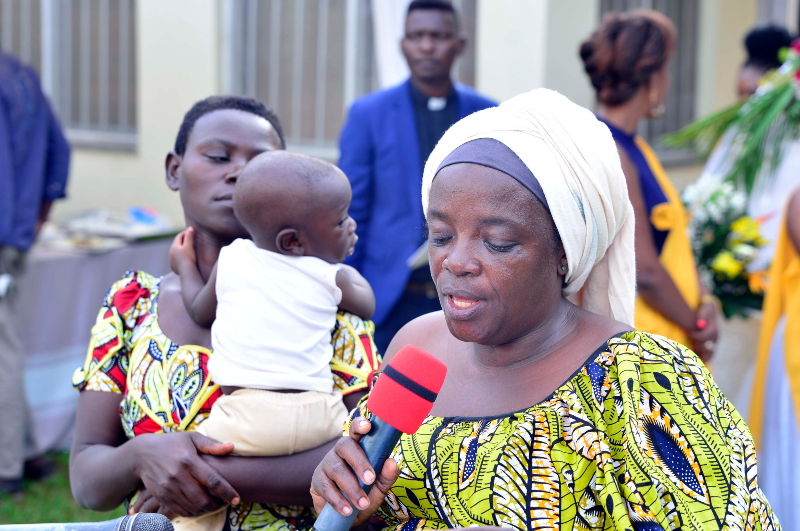
Select Payment Method
Pay by bank transfer
If you wish to make a donation by direct bank transfer please contact Fr Paul Hamill SJ treasurer@jesuits.africa. Fr Paul will get in touch with you about the best method of transfer for you and share account details with you. Donations can be one-off gifts or of any frequency; for example, you might wish to become a regular monthly donor of small amounts; that sort of reliable income can allow for very welcome forward planning in the development of the Society’s works in Africa and Madagascar.
Often it is easier to send a donation to an office within your own country and Fr Paul can advise on how that might be done. In some countries this kind of giving can also be recognised for tax relief and the necessary receipts will be issued.


